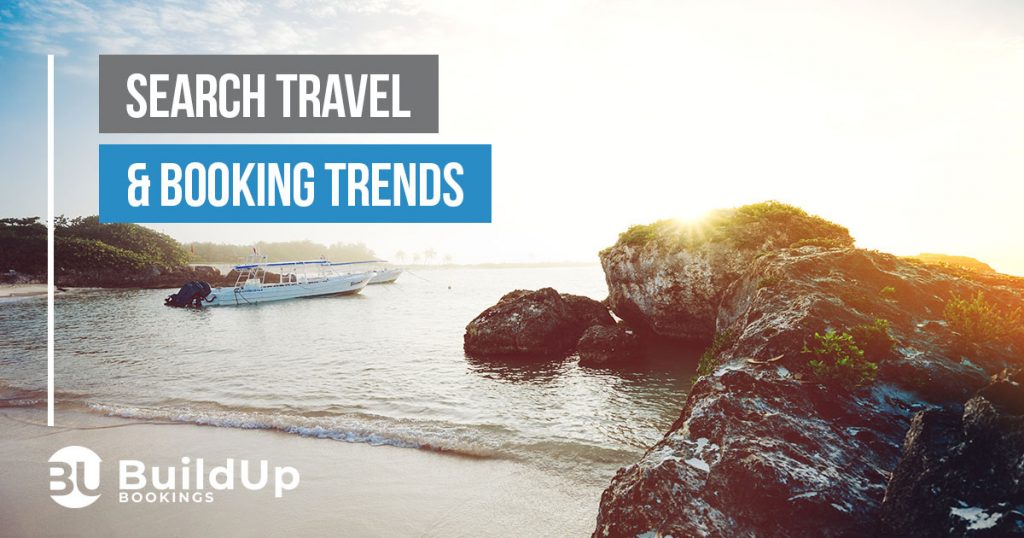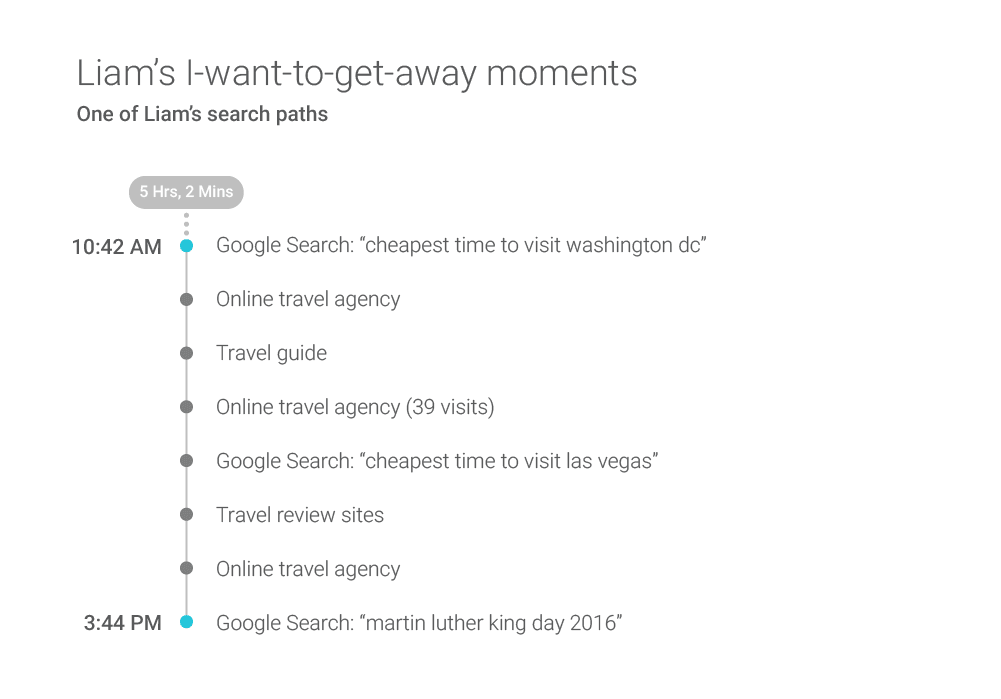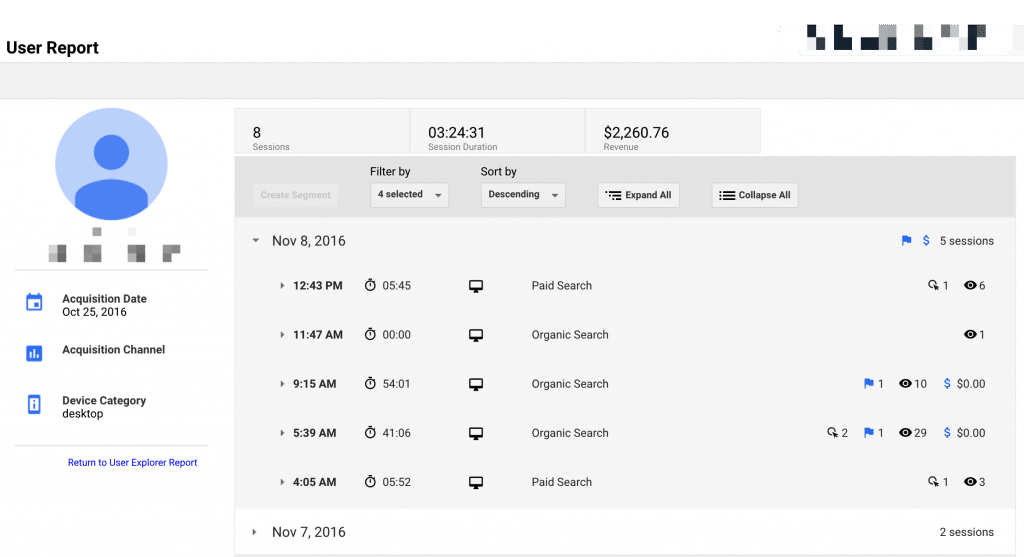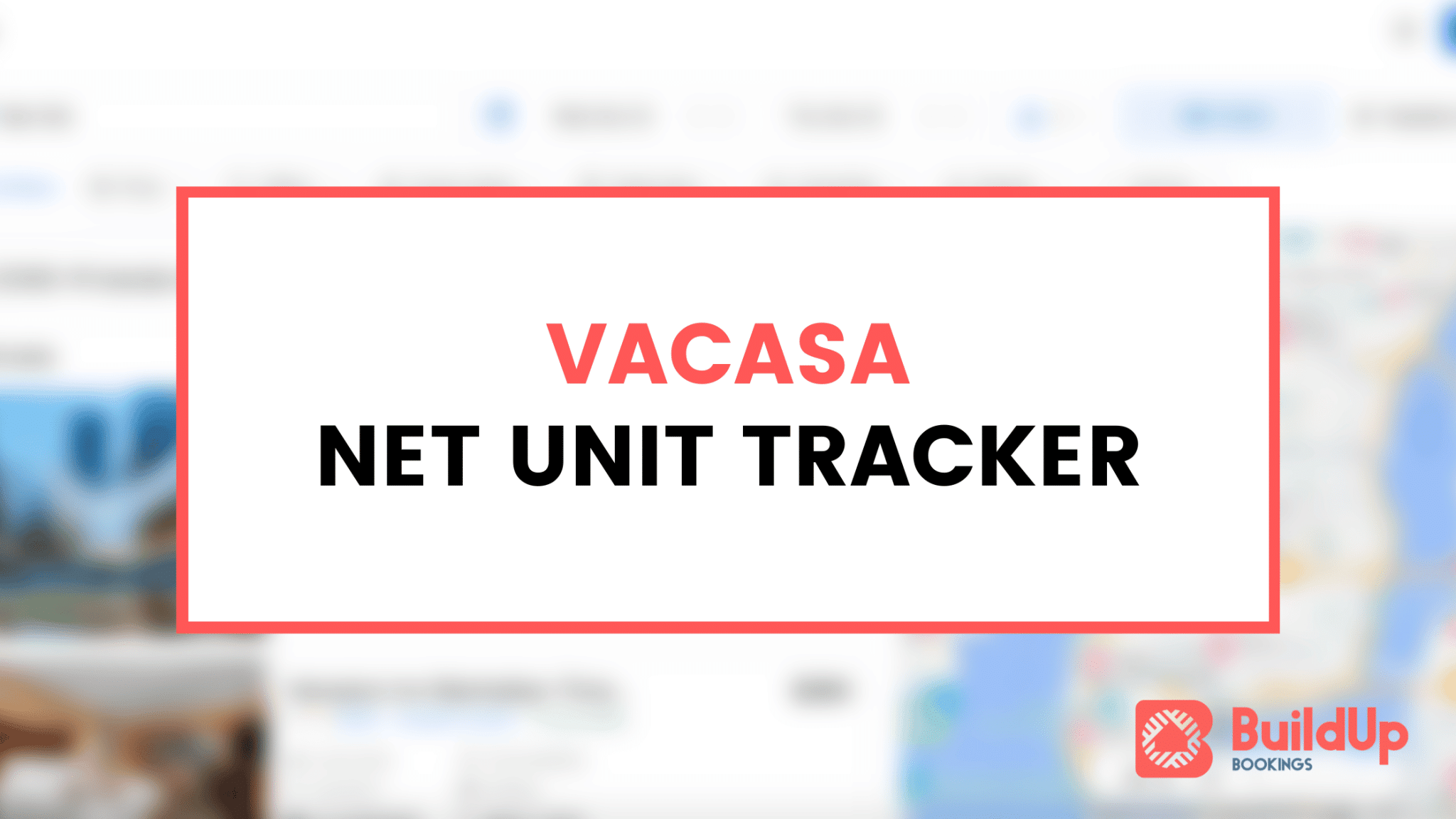 Did you know that Tuesday is the most-booked day of the week for travel? Or that 90% of all online bookings happen on desktop, but 50% of search volume for accommodations is on mobile?
Did you know that Tuesday is the most-booked day of the week for travel? Or that 90% of all online bookings happen on desktop, but 50% of search volume for accommodations is on mobile?
Google has just launched their travel trends for 2016 and it’s full of in-depth analysis from the world’s largest authority on guest search behavior. Sharing data from millions of hotels, vacation rentals, resorts and alternative accommodations, Google’s insights are worth a detailed review.
There are several moments that Google has identified as a key part of the guest travel planning process. First up is the “I want to get away” search that typically focuses on getting more information about a new destination. Top cities for these searches according to Google’s data are the following:
1. Reykjavik, Iceland
2. Havana, Cuba
3. Toronto, Canada
4. Mexico City, Mexico
5. Tokyo, Japan
In these search moments, guests are not yet looking for a place to stay. When searching for the name of a destination, over 80% of these guests haven’t yet chosen where they’re going to stay. For accommodations providers, this means that ranking for traffic around the name of your destination can be a major tool for remarketing ads to help drive guests back to your website to book.
Paying for the name of your destination is a long-term strategy: guests searching for “Las Vegas” aren’t ready to book yet, but with a higher marketing budget, you can capture top-of-funnel consideration searches.
Looking narrowly at Google Analytics tracking data can be both a blessing and a curse. Over the course of a few months, one guest from Google’s study performed over 530 searches on Google.com search. These searches and visits spanned OTA (online travel agencies), Maps, Metasearch Travel Websites, Social Media and Accommodations.

Following the path that a guest takes isn’t a one or two session affair: Google recorded 5 hours of web activity to learn that the average searcher is looking for more than just hotels or rentals in a given area. Guests want to know the best times to visit, things to do and a lot more. Creating content around these search moments and gaining organic traffic for them through search is a great way to help influence consideration for your guests.
You can research this on your website (at a micro-level) with Google Analytics. Utilizing the User Explorer report, it’s simple to see the path that guests take on your website: which pages are viewed, links clicked on, time on site and more. Reviewing this report will yield interesting insights into how guests actually use your website: it’s worth reviewing.

Highlighting The Top Trends You Need To Know About
A few areas stuck out to me as trends that you should be aware of going into the 2017 booking season.
Guests Search On Mobile, Book On Desktop (For Now…)
Google points out that the trends today indicate guests search on mobile frequently: using their devices during downtime, at home and during the workday. Having a responsive or mobile friendly website is a given, but what about other elements? Do you have an easy way to share on mobile that feels native (text messages) and helps the guest remember their searches later? Making sure that your website is more than just bare-bones functional for mobile is going to be huge in 2017 and beyond. For the majority of accommodations companies, budgets do not allow for full-fledged apps that are expensive and cumbersome to download. Instead, focusing on making the mobile version of your website fast, functional and context-aware is an area to adjust in your marketing strategies in 2017.
Attribution Is A Harder Problem To Solve Than Ever
If you’re using an analytics package like Google Analytics, attribution is becoming very difficult. As guests switch devices frequently and begin using your website within apps like Facebook’s in-app browser, simple cookie-based systems have a tough time tracking guests and reporting bookings. Email capture and collection is key to make sure that you’re retaining guest attention and snagging a piece of personally identifying information to help attribute conversions to different marketing channels. Paid search traffic on Google, Bing and Yahoo may not often result in a direct booking: as a consequence, utilizing call tracking, email capture and conversion tracking tools to measure results is the best way to work on the modern guest attribution marketing problem.
It’s Unlikely Google Will Become A Direct OTA Competitor
I recently read an excellent article about Google’s revenue from the major OTA AdWords spend in 2016. Spoiler: it’s huge. Google is raking in over $12B in revenue from travel searches on Google.com. With this context in the front of my mind, Google is in the perfect position: they get to collect paid AdWords traffic for millions of travel-related searches while dealing with virtually none of the fulfillment that OTAs deal with on a day-to-day basis.
Search Begins And Ends With Conversions, But Phone Calls Bridge Gap
According to Google’s data, 33% of guests call the accommodations provider as part of their booking process: make sure to have systems in place to accommodate these guests. Using phone tracking numbers and connected systems with personal notes about a guest profile can help seal the booking when the important details arise.
Digging Into The Details Yourself
Analyzing these studies from Google was eye-opening for me: I’m sure you’ll get value from the research as well. While Google is catering to larger travel brands with their Think With Google articles, lots can be applied to any travel provider from a single condo to mega-hotels. You can read the articles referenced on the Think With Google website.







